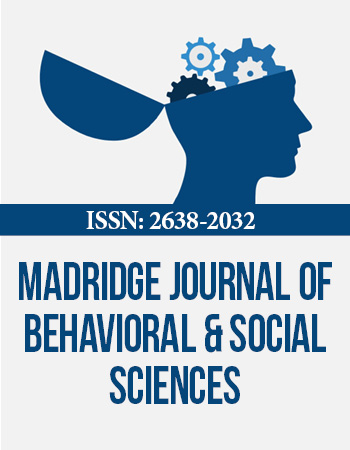International Conference on Alzheimerʼs Disease & Associated Disorders
May 7-9, 2018 Rome, Italy
PSEN1 Expression is Associated to Promoter Methylation in the Brain of Alzheimerʼs Mice and in Humans
Sapienza University of Rome, Italy
Presenilin1 (PSEN1) protein constitutes the catalytic subunit of the γ-secretase complex. This enzyme, among other, is responsible for the processing of the amyloid βprotein precursor (AβPP), eventually leading to the production and accumulation of the amyloid β (Aβ) peptides in the brain, associated with the Alzheimerʼs Disease (AD). PSEN1 and γ-secretase are also responsible for the processing of key molecules (E-cadherin, Notch1) in course of neurodevelopment.
Depicting the regulation of PSEN1 could be useful for the comprehension of the molecular mechanisms underlying neurodevelopment and neurodegeneration. Previous studies indicated PSEN1 as a locus subject to differential methylation in Alzheimerʼs Disease affected subjects versus healthy controls. Moreover, we previously demonstrated that PSEN1 methylation and, consequently, expression are modulated by perturbation of the methylation metabolism in AD mice.
The present study allowed to characterize the DNA methylation profile of PSEN1 promoter during the neurodevelopment and neurodegeneration, in the frontal cortex of TgCRND8 AD transgenic mice and of human subjects. The data obtained, allowed to demonstrate that both CpG and non-CpG (CpA, CpC, CpT) methylation of PSEN1 promoter is differentially modulated during development and aging and in AD patients versus controls. PSEN1 expression was correlated to CpG and non-CpG methylation patters. Altogether, these data point-out that non-CpG methylation has a functional role in PSEN1 regulation and stress the hypothesis that AD may have an epigenetic basis.
Biography:
Andrea Fuso, Ph.D., biologist, is researcher at Sapienza University of Rome. He teaches at post-graduations courses and is author of several scientific papers, book chapters and is speaker at many lectures and conferences. He serves in editorial boards, as referee for journals and grant committees and in the Board of Directors of the Epigenetics Society.
His researches focus on neurodegenerative diseases, one-carbon metabolism and methylation reactions, studying the dynamics of DNA methylation/demethylation and then on-CpG methylation, applied to nutrition and one-carbon metabolism in neurodegeneration and muscle differentiation.


